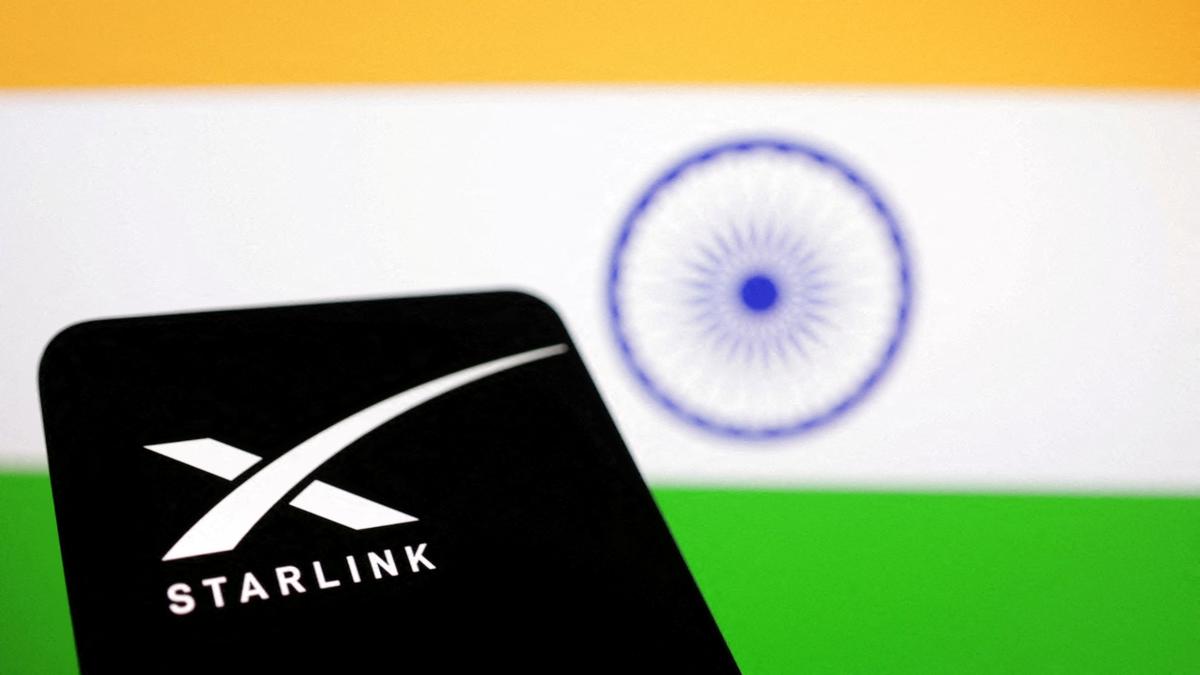Elon Musk’s satellite internet venture, Starlink, has officially secured a licence from India’s Department of Telecommunications (DoT), clearing a major hurdle in its path to launching services in the country. The approval makes Starlink the third company after Eutelsat OneWeb and Jio Satellite Communications to receive such a licence, even as a fierce political spat unfolds between Musk and U.S. President Donald Trump.
DoT sources confirmed on June 6 that Starlink has received its licence and will be allocated trial spectrum within 15 to 20 days of submitting the formal application. This spectrum is necessary to test Starlink’s systems and ensure compliance with India’s rigorous surveillance and security norms.
The timing of the licence is notable, coming just hours after a public showdown between Musk and Trump. The disagreement turned bitter after Musk criticised Trump’s sweeping tax and spending bill. In response, Trump threatened to terminate U.S. government contracts with Musk’s companies, including SpaceX. Musk retaliated, claiming Trump “would have lost” the last election without his backing.
Despite the turmoil in Washington, Starlink’s India push continues. The satellite broadband firm has already signed strategic pacts with major Indian telecom operators like Reliance Jio and Bharti Airtel, who together dominate over 70% of India’s telecom market.
Starlink, developed by Musk’s aerospace company SpaceX, provides high-speed, low-latency internet through a constellation of over 7,000 low-Earth orbit (LEO) satellites — a number projected to exceed 40,000 in the coming years. Unlike conventional geostationary satellites, Starlink’s LEO network offers superior speeds and reliability, especially in remote or conflict-prone zones.
While the DoT’s licence marks a big step, Starlink still awaits final clearance from India’s space regulator, In-SPACe. Additionally, companies like Starlink must demonstrate full compliance with Indian security norms before rolling out services. This includes legal interception capabilities, local data processing, and the indigenisation of at least 20% of their satellite ground infrastructure.
India’s telecom regulator, TRAI, has also recommended spectrum charges of 4% of adjusted gross revenue (AGR) for satellite firms, a figure higher than what companies had lobbied for. An additional levy of ₹500 per urban subscriber annually has been proposed, though rural users are exempt from this surcharge.
The Cellular Operators Association of India (COAI), which represents terrestrial telecom giants like Jio and Airtel, has contested TRAI’s recommendations, arguing that satellite firms are being offered spectrum at disproportionately low rates. However, TRAI has rejected these objections and ruled out any review.
As regulatory and technical frameworks take shape, Starlink is poised to bring its space-based internet to Indian users — potentially transforming digital access in both rural and underserved regions.













